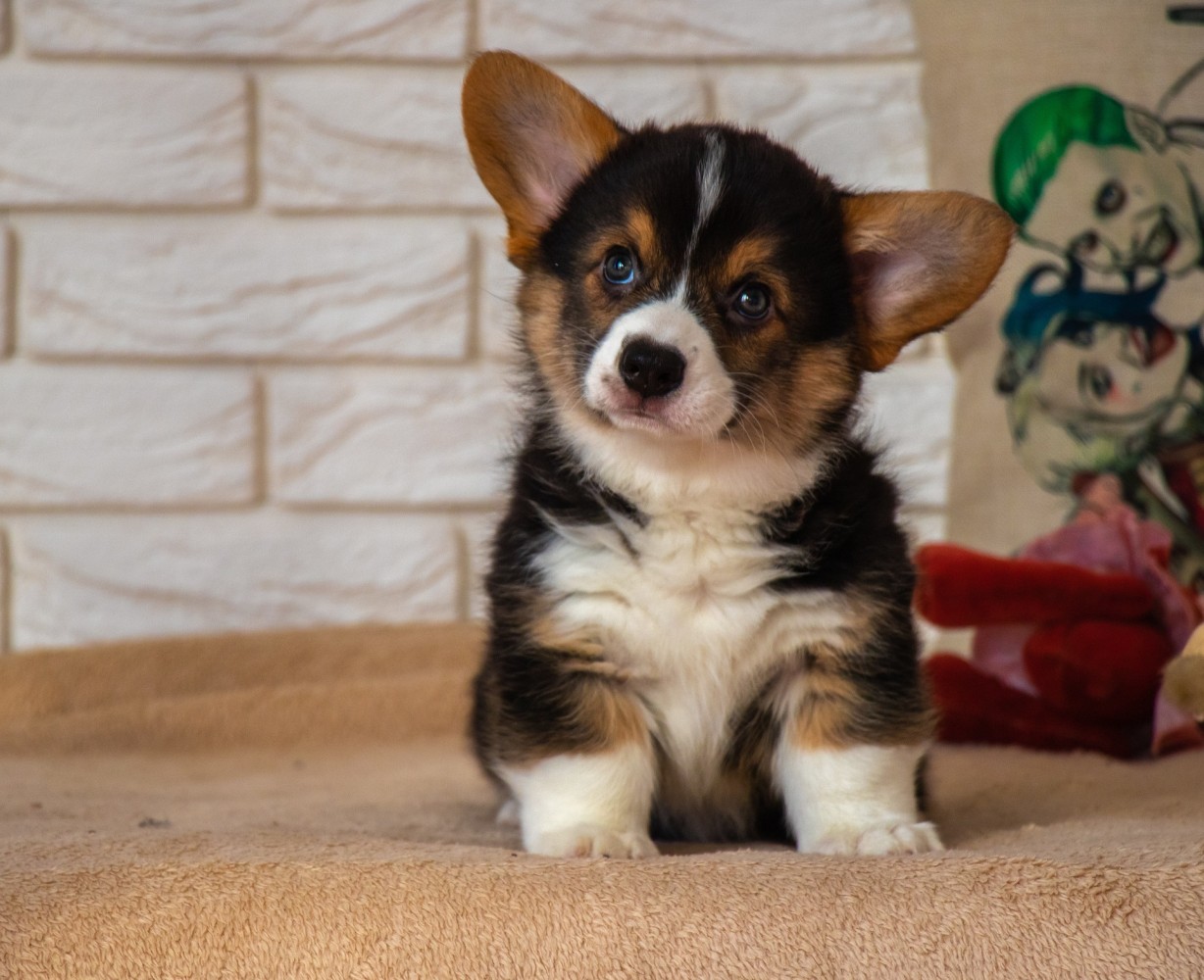Welsh Corgi: The Cheerful and Energetic Shepherd Dog
Welsh Corgi is one of the most popular dog breeds in the world. These cheerful and energetic sheepdogs originate from Wales, where they were originally bred for herding cattle. With their short legs and long, sturdy body, Welsh Corgi's have a distinctive appearance that makes them instantly recognisable.
History of Welsh Corgi
The history of Welsh Corgi dates back to the 10th century, when the Vikings brought the dogs to Wales. Originally, they were bred to work as livestock guardians and watchdogs. The breed developed in two varieties: Pembroke Welsh Corgi and Cardigan Welsh Corgi. Pembroke Welsh Corgi's are the most common and were bred in Pembrokeshire, while Cardigan Welsh Corgi's originated in Cardiganshire.
Appearance of Welsh Corgi
Welsh Corgis have short legs, a sturdy body and an adorable appearance. They have a soft, dense coat that comes in several colours, including red, sable, fawn, and black and tan. Their ears are large and erect, and their tail is short.
Personality and characteristics of Welsh Corgi
Welsh Corgis are known for their cheerful, energetic personalities and are extremely loyal to their owners. They are intelligent and highly trainable, but can be stubborn at times. They need plenty of exercise and love to run and play.
Welsh Corgis are great family dogs and get along well with children and other pets. They have a strong guard instinct and can sometimes bark to protect their territory.
Care of Welsh Corgi
Welsh Corgis need a moderate amount of exercise to stay in shape. They should be brushed regularly to keep their coat healthy and prevent tangles. They should also be bathed regularly and their ears cleaned to prevent infections.
Conclusion
Welsh Corgi is a great choice for people looking for a happy, energetic and loyal family dog. They are intelligent and trainable and get along well with children and other pets.
Known disorders
- Chondrodysplasia (short leggedness due to cartilage abnormality)
- Degenerative myelopathy (impairment of spinal cord)
- Hip dysplasia (developmental hip disorder)




